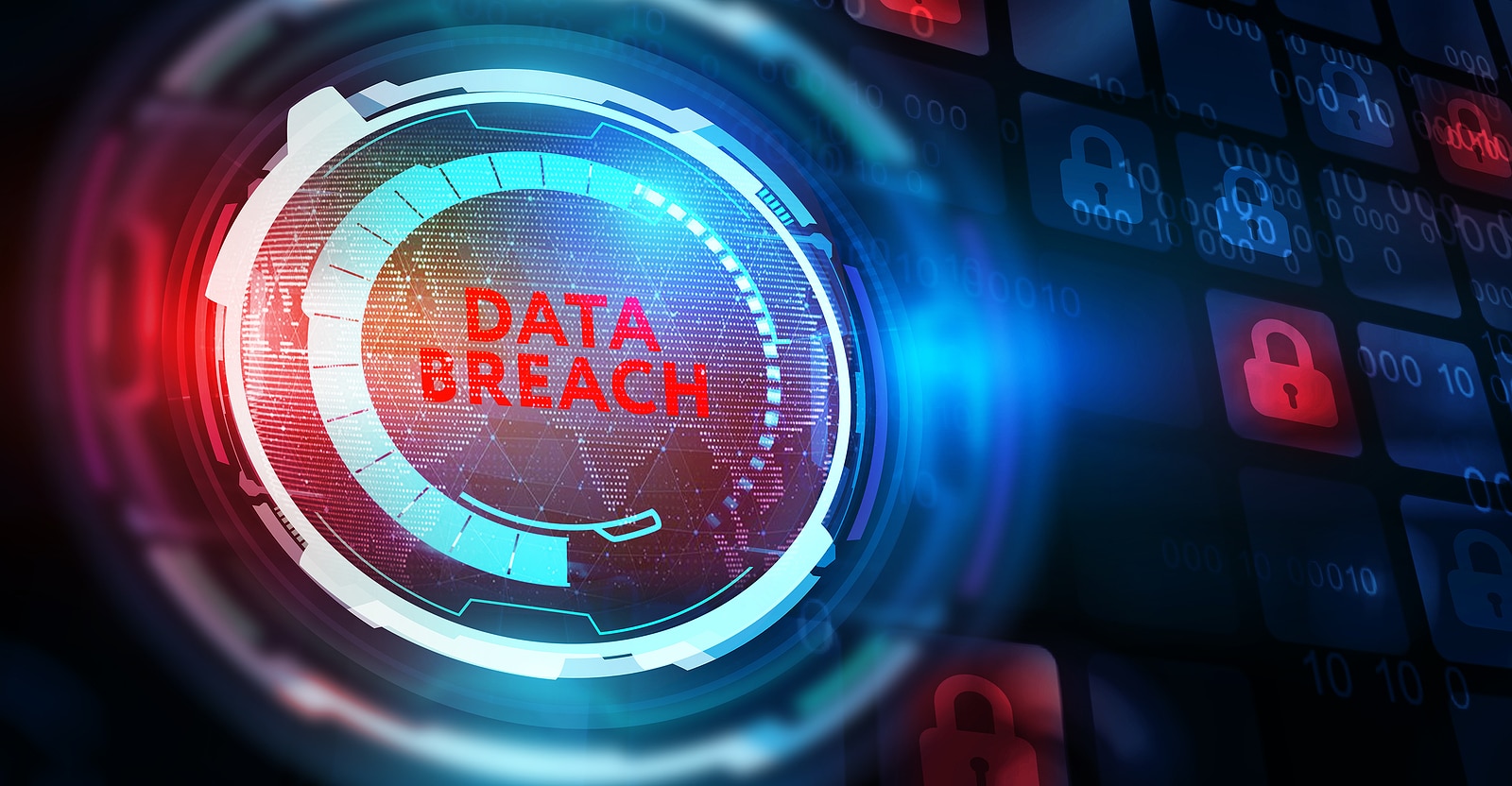Vital Cyber Security Practices for Effective Data Destruction Methods
Vital Cyber Security Practices for Effective Data Destruction Methods
Blog Article
The Importance of Effective Data Devastation Practices in Safeguarding Sensitive Details and Ensuring Computer Security
In an age where information breaches are significantly usual, the importance of efficient information damage practices can not be overemphasized. Applying robust information destruction techniques not only minimizes these risks however likewise lines up with lawful conformity needs, making certain that companies support their credibility and foster client trust.
Comprehending Data Destruction
Recognizing information destruction is important in today's electronic landscape, where delicate information can conveniently be compromised. Reliable information damage involves not simply removing data but making certain that information is irretrievable with comprehensive methods. This procedure is vital for organizations that deal with private client info, copyright, or internal files, as any type of breach can result in severe financial and reputational effects.
Information devastation includes various strategies, including shredding physical media, degaussing magnetic storage space gadgets, and utilizing software-based options that overwrite data multiple times. Each method serves a details objective and needs to straighten with the level of sensitivity of the details being disposed of. For instance, physical damage is typically preferred for hard disks having very private data, while software application methods might be adequate for much less delicate information.
Additionally, sticking to market standards and regulations, such as the General Data Security Guideline (GDPR) or the Health Insurance Portability and Liability Act (HIPAA), is critical for compliance and to reduce legal threats. Organizations needs to establish a robust information damage plan, train workers on finest practices, and consistently audit their treatments to make sure that all delicate details is disposed of securely and properly.
Dangers of Inadequate Practices
Poor data destruction techniques expose companies to substantial threats that can have far-reaching effects. When delicate details is not appropriately thrown away, it continues to be susceptible to unauthorized gain access to, which can lead to information breaches and identification theft. Such cases not only jeopardize the protection of individuals but likewise taint the organization's reputation, leading to a loss of consumer count on and potential economic repercussions.
Moreover, regulative compliance is progressively strict in several sectors. Failing to abide by information destruction regulations can cause large penalties and lawsuits versus companies. These charges can divert and strain economic resources focus from core company operations.
Additionally, the abuse of residual information can lead to intellectual building theft or business reconnaissance, endangering affordable advantages (data destruction). The impact of inadequate data devastation extends beyond instant monetary losses; it can likewise lead to long-term damages to brand stability and market placement

Organizations need to identify that information protection is not solely concerning avoiding violations; it likewise incorporates the responsible monitoring of data throughout its lifecycle. Neglecting reliable information destruction procedures can have disastrous implications, highlighting the need for durable steps to reduce these dangers.
Ideal Practices for Information Destruction
Carrying out reliable information damage practices is vital for safeguarding delicate details and preserving conformity with regulatory criteria. Organizations must adopt Going Here a multi-faceted method to make sure that information is irretrievable, consequently stopping unauthorized gain access to and potential violations.
First, information should be categorized based on sensitivity, enabling organizations to apply appropriate devastation methods customized to the level of risk. For electronic information, using software-based data-wiping tools that abide by industry requirements can successfully overwrite existing information. Physical devastation methods, such as shredding or degaussing, are important for tools that keep sensitive details, making sure full obliteration.
Developing a clear information retention policy is crucial, describing how much time different sorts of information need to be kept prior to damage. Routine audits of information storage systems are also necessary to recognize out-of-date or unneeded data needing elimination.
Moreover, training staff members on the significance of data devastation and the specific protocols to comply with fosters a culture of safety and security within the organization. Lastly, keeping paperwork of information damage refines supplies liability and sustains conformity with external guidelines and inner plans. By adhering to these finest practices, companies can significantly mitigate the threats linked with data exposure.
Legal and Compliance Considerations

Failing to adhere to these policies can lead to extreme charges, including substantial penalties and reputational damages. Organizations must apply a robust information destruction policy that aligns with these legal structures and gives clear guidelines on the correct methods of information disposal, whether physical shredding or electronic cleaning.
In addition, preserving paperwork of information destruction activities is vital for showing compliance during audits or evaluations. By focusing on legal and conformity factors to consider, organizations can improve their information protection pose and foster count on with stakeholders and customers, inevitably adding to a much more secure data administration atmosphere.
Advantages of Effective Data Destruction
Effective data destruction practices prolong beyond plain compliance; they provide considerable advantages to companies that prioritize them. By guaranteeing that sensitive information is irretrievably destroyed, companies mitigate the danger of data breaches and the possible monetary effects linked with them. This proactive approach not just safeguards versus unapproved accessibility however also improves the total credibility of the company in the eyes of stakeholders and customers.
Carrying out robust data damage approaches, such as physical damage of storage space gadgets or advanced data wiping methods, adds to the conditioning of a company's cybersecurity position. data destruction. It lowers the probability of copyright burglary and safeguards proprietary info, thus preserving an one-upmanship on the market

Verdict
In final thought, efficient data destruction practices are important for guarding delicate info and improving total computer safety and security. Ultimately, a dedication to durable data devastation approaches fosters a culture of responsibility, thus reinforcing an organization's cybersecurity posture and keeping customer trust fund.

Report this page